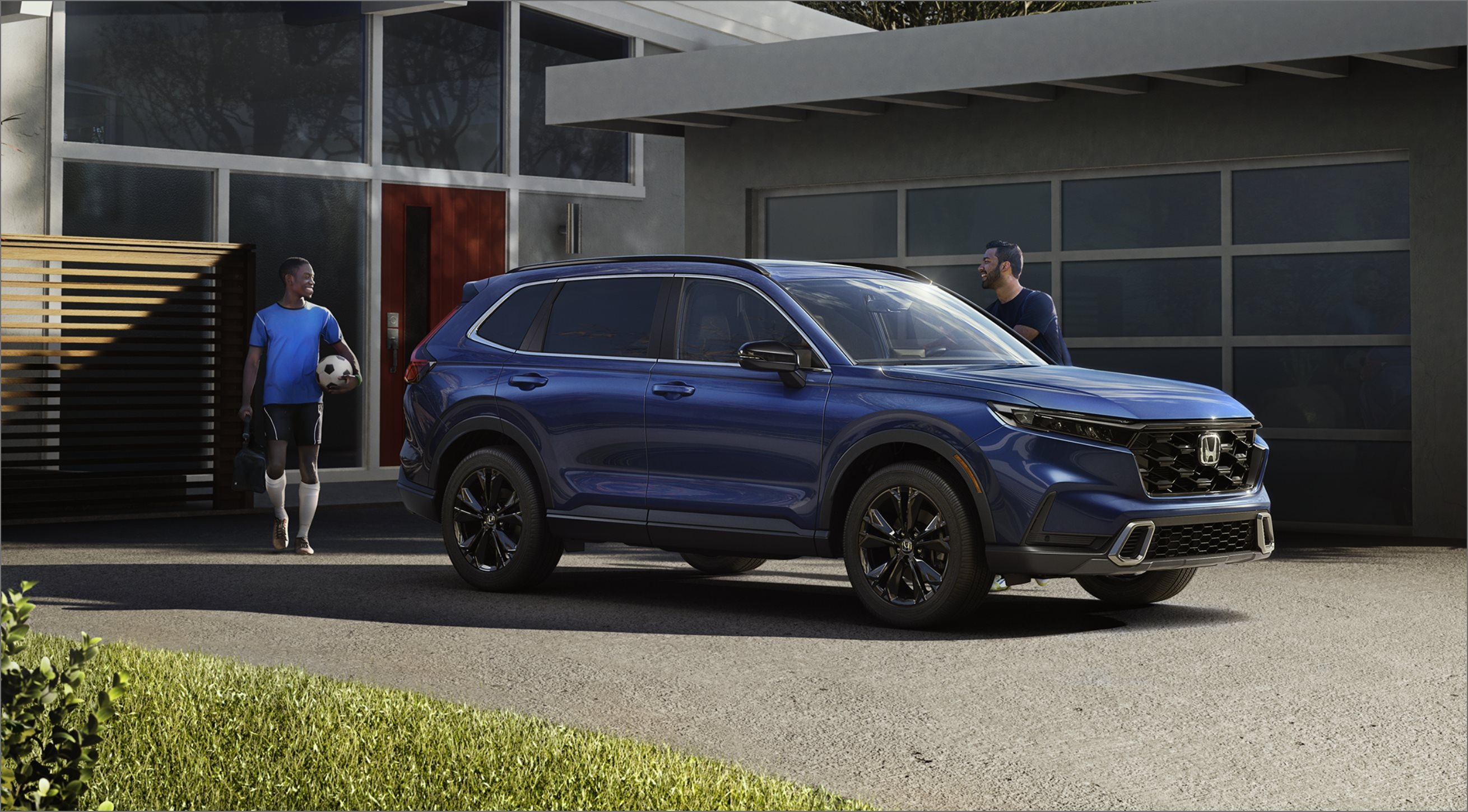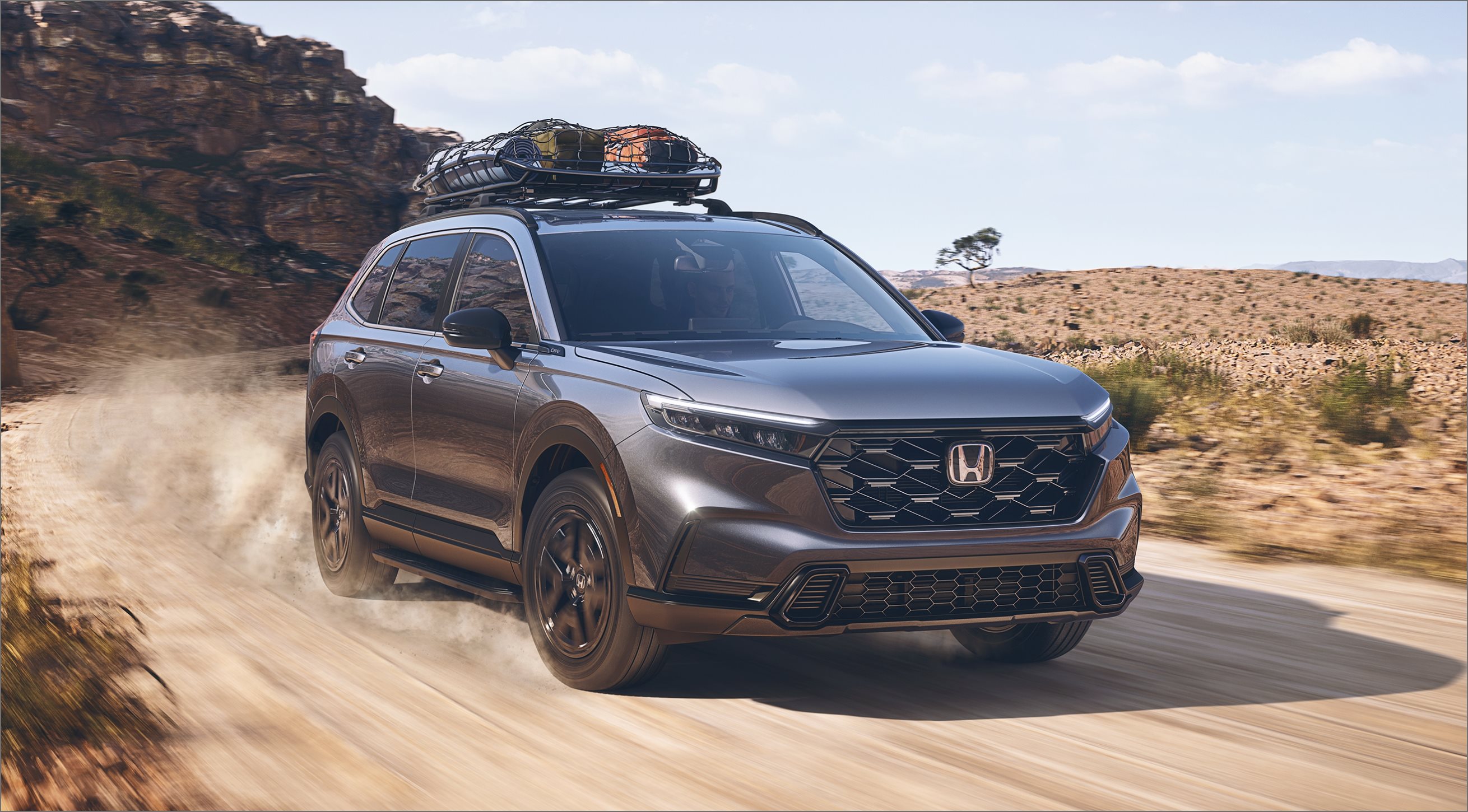How Honda Hybrid and Electric Vehicles Make an Impact on the Environment
As the push for green initiatives becomes more prevalent across the globe, the automobile industry has been busy finding new technologies to reduce and eliminate harmful gas emissions. In recent years, Honda has joined the rest of the auto industry working toward an environmentally friendly future by focusing on hybrid models and electric vehicles (EVs).
These types of cars reduce or eliminate the environmentally harmful emissions that gas engines emit. Plus, not only do they help to save the environment, but they also save consumers on gas money over the lifetime of the car. As a win-win situation, people who are looking to purchase a new car may want to consider one of these eco-conscious vehicles.
We'll explore how these vehicles work and how they make a positive impact on the environment. We'll also go over Honda's future plans for more hybrid and electric models in the coming years.
How Do Hybrids and Electric Cars Work?
In order to understand the environmental benefits of these types of cars, you'll need to learn how they work first. A Honda hybrid works slightly differently than a Honda EV, though they both are better for the environment than gas engines. How do they work?
A Honda hybrid is a combination of an electric battery and a gas engine. To charge the battery, the vehicle uses regenerative braking. During this process, energy is captured from braking and used to power the battery. Additionally, hybrids may also use its gas engine to power the battery.
This technology has come a long way since it was first introduced to the public in the 90s. Honda put out its first hybrid, the Insight, in 1999. Though the Insight was considered modern at the time, hybrids have become much more sophisticated and efficient since then. Today, batteries take up less room than ever while still providing the main source of power for the vehicle.
Electric vehicles have also become increasingly popular among auto companies, as they are the most environmentally friendly option for consumers to operate. With a Honda EV, there will be zero harmful emissions into the environment. Since many countries and cities around the world are adopting green initiatives that ban gas cars, the auto industry has made the switch to focusing on electric vehicles for the future.
How does an EV work? Fully electric vehicles are powered entirely by a battery. There is no internal combustion engine in the car. Since it's powered solely by an electric motor, the battery needs to be plugged into a charging station every so often. The battery will then store the electricity gained through the charge inside the battery.
Though similar to hybrids, EVs do not produce any emissions into the environment. The lack of emissions makes them the most environmentally friendly option available on the market.


What Are the Environmental Benefits of Hybrids and Electric Vehicles?
Buying a Honda hybrid or investing in an electric vehicle is a great way to help the environment. Gasoline engines have been a big source of pollution in the US and around the world. When gasoline is emitted from cars, carbon dioxide (a greenhouse gas) is released into the atmosphere. Gasoline also produces other harmful vapors, which contribute to pollution.
To combat the negative effects of gasoline engines, the auto industry has been working to find alternative sources of power, like electricity. Hybrids and fully electric cars reduce or eliminate completely harmful gasoline emissions. Pollution has a significant negative effect on people's health as well as the environment. By reducing harmful emissions and pollution, you'll create a more healthy living environment.
Honda hybrids have great fuel efficiency. There are currently two options in the Honda line-up–the CR-V and the Accord. The CR-V 2WD Sport Hybrid has a 40 combined city/highway mpg rating. The Accord EX-L Hybrid has even better fuel efficiency than the CR-V at an estimated 48 combined city/highway mpg rating. If you're looking for an environmentally conscious car, you should consider these options. Not only do they offer substantial benefits to the environment, but you'll also save considerable money on gas throughout the lifetime of the vehicle.
What Does the Future of Honda Hybrids and Electric Vehicles Look Like?
Currently, there are no fully electric Honda vehicles and only two hybrid options in the company's line-up. However, Honda has released plans for a fully electric future by 2040 to better help the environment and eliminate pollution. The company has announced its intention of making the switch from internal combustion engines to electric entirely.
Though other automotive companies have already put time and money into developing electric vehicles, Honda has been slow to adopt this shift. However, consumers can expect a lot of changes in the coming years, starting with a new Honda EV.
Honda plans to release a fully electric SUV in 2024. The company has teamed up with GM to offer a highly capable and sophisticated fully electric vehicle, though the brand does plan to use and develop its own E-Architecture and batteries in the future.
Honda's technology has come a long way since the late 90s when the Insight was first launched. Currently, hybrid drivers benefit from sophisticated designs, powerful batteries, and relatively reasonable prices compared to gas cars. Honda plans to continue its focus and expansion on electric vehicles in the future, as they provide a significantly positive impact on the environment. If you're interested in checking out one of the Honda hybrids available, our selection of new and used Honda vehicles has many different options for various budgets.
